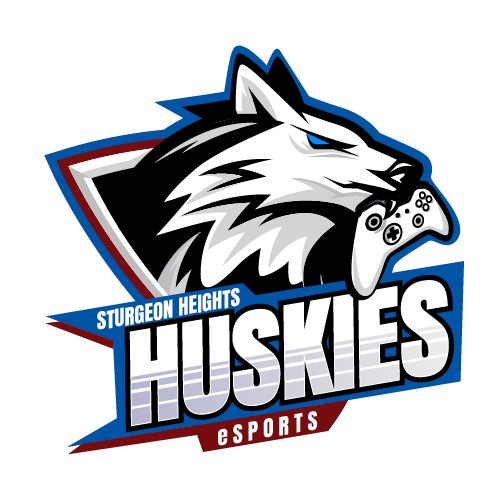Students Learn Valuable Skills Playing Esports in School
Esports in school is catching on as the popularity of esports continues to grow. And while research shows that participation in school activities improves students’ performance and overall well-being, some parents and educators may be hesitant about the idea of organized esports in schools.
As the eSport industry continues to grow, we see an increase in gaming options available to today’s students. Educators know that taking part in extracurricular activities boosts student success. A lot. Regardless of the activity. Whether a comedy club or a softball team. A meet up for engineering enthusiasts or movie buffs. Studies have definitely shown that students who are involved in extracurricular activities are more successful in a number of ways.
Among the benefits: Involved kids miss less school and graduate at a higher rate. They do better in math and reading and more often aspire to higher education. Students that join activities are more likely to pay attention in class. They care more about their education. They also feel better about themselves and engage in fewer harmful behaviors like smoking and drinking.
The key to benefiting from this dynamic is for schools to offer activities that appeal to as many students as possible. That’s were esports comes in.
Social Inclusion
Without a school esports club, passionate gamers often feel left out of mainstream school social life. Organized esports can bring students into the fold. It can help them become accepted and respected members of their school community.
School Success
Students are more likely to be engaged in school. More likely to graduate. More likely to aspire to higher education. And less likely to suffer and spread the harms of feeling out of sync with their school community.
Post Success
Students involved in esports are a natural fit for careers in STEM, which are projected to offer some of the best employment opportunities for today’s students. Not only does esports in school boost student interest in higher education, but it can also provide a pathway to postsecondary scholarships. Close to 100 colleges and universities are members of the National Association of Collegiate Esports (NACE). Over 250 more have club programs. Nearly 200 US colleges collectively offer around $15 million a year in esports scholarships.
Lifelong Skills
Students learn important lifelong skills through organized eSports including teamwork, social skills, strategic thinking and planning, managing success and failure, time management, travel skills and pro-social skills.
STEM Learning
Esports and STEM go hand-in-hand. Students who are drawn to gaming are often equally captivated by the broader technology ecosystem. Sponsors at both the high school and college levels report that a substantial number of their esports participants are interested in science, technology, engineering, and math.
ESPORTS TEAMS


TOURNAMENT HISTORY
HOW IT WORKS


Register for cshc esports team with Mr. Rogowy


join esports events and track online progress


compete in organized tournaments
1M OF HAPPY CLIENTS AROUND THE WORLD

laying out print, graphic or web designs. The passage is attributed to an unknown typesetter in the 15th century who is thought to have
Jerzzy Lamot hello
Market Manager
The placeholder text, beginning with the line “Lorem ipsum dolor sit amet, consectetur adipiscing elit”, looks like Latin because in its yout was Latin




